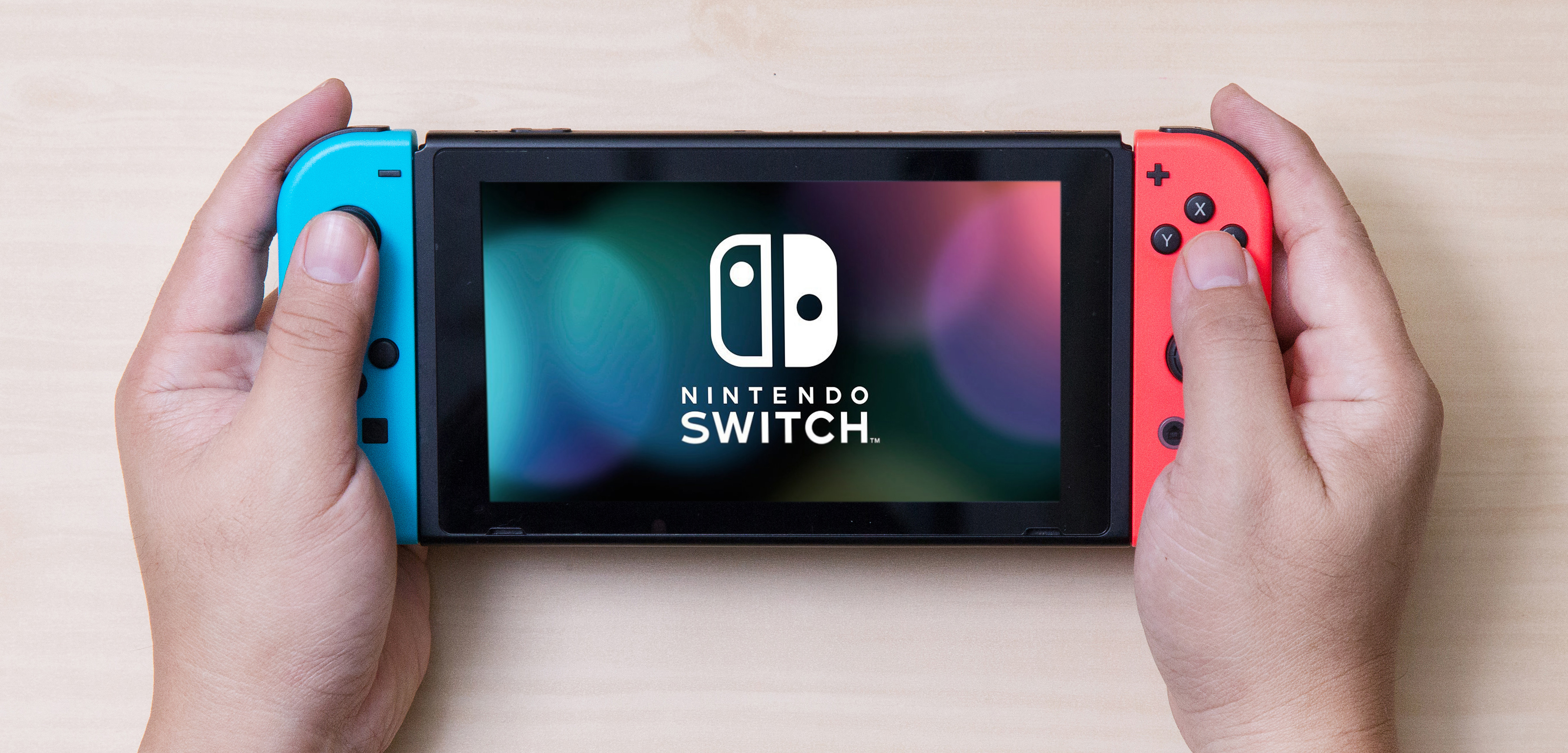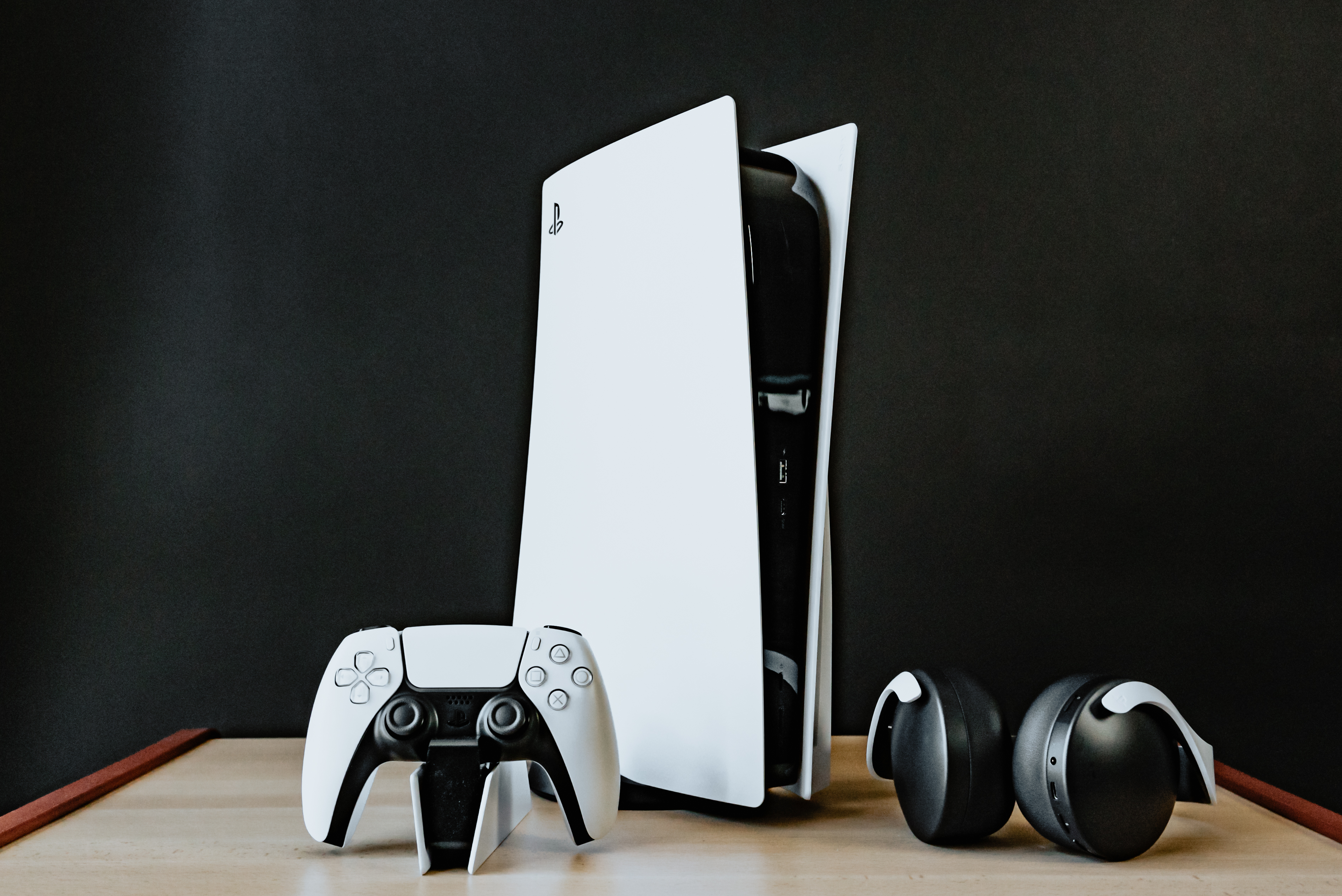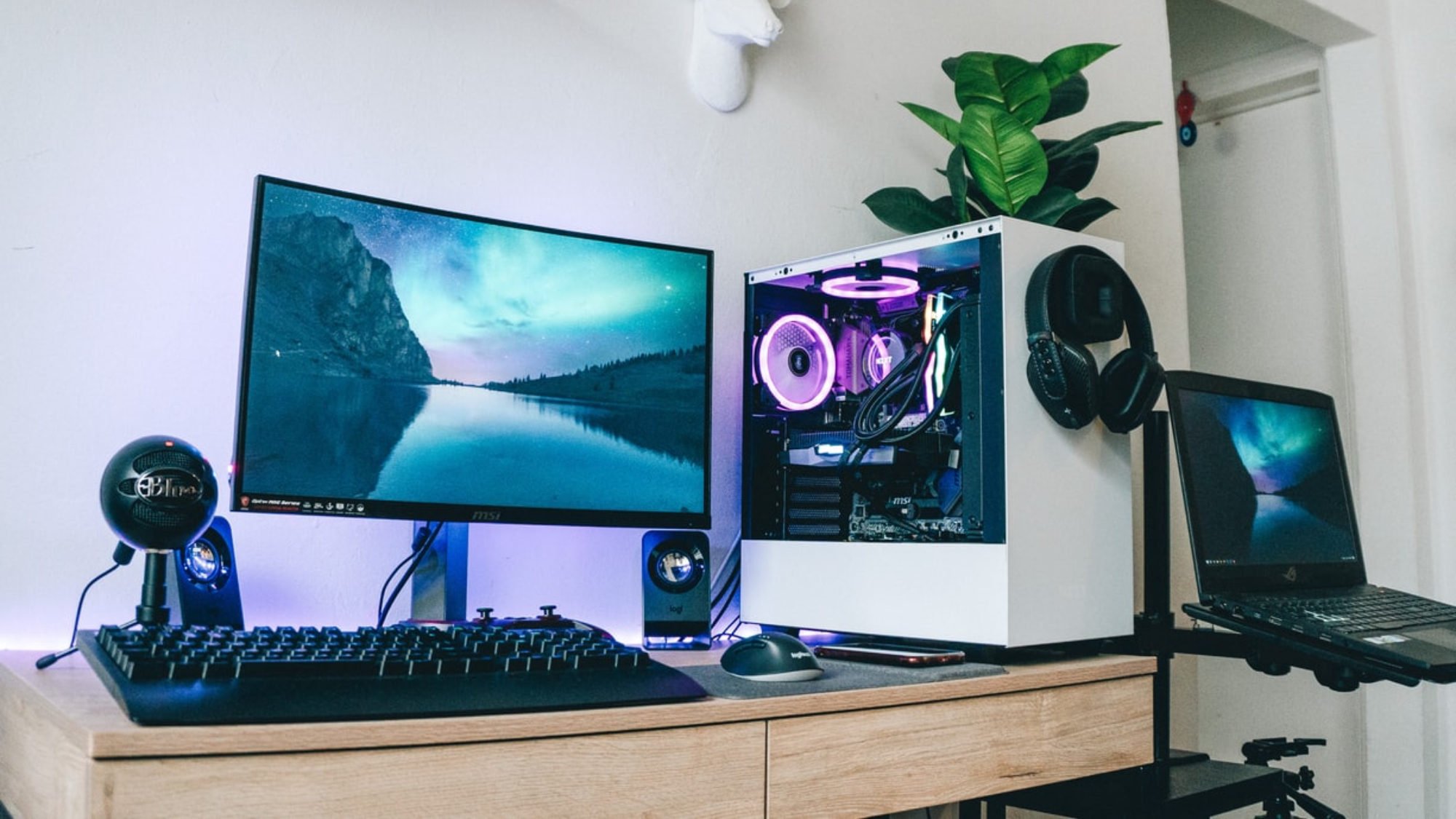PS5 vs. Xbox Series X vs. Nintendo Switch: Which console is right for you?
Console gaming is hot right now, and that means it’s the perfect time to pick up a PS5, Xbox Series X or Nintendo Switch — if you can find one, at any rate. But choosing one of the three systems may seem a little daunting. The PS5, Xbox Series X and Nintendo Switch are three very different systems, with three very different game libraries and, potentially, three very different prices.
Tom’s Guide has already written a number of console comparisons, including our PS5 vs. Xbox Series X face-off, and our Nintendo Switch Lite vs. Nintendo Switch guide. However, in this comparison, we want to take a step back and provide an easy starting point for shoppers. We won’t get bogged down in technical breakdowns or spec comparisons. Instead, we want to convey as clearly as possible the strengths and weaknesses of each console, as well as which games you can expect to play on them.
If you’re finally ready to take the plunge on a gaming console, read on to find out which one is right for you — and which ones you might want to keep in mind for the future.
Microsoft Xbox Series X
At a glance: Microsoft’s Xbox Series X is the most powerful console on the market, featuring a more powerful processor and more storage space than either the PS5 or the Switch. The Xbox Series X is a large black rectangle with a disc drive in the front, and a variety of ports around the back. The Xbox Series X is also part of a larger Xbox ecosystem, which lets you save your progress and pick up wherever you left off, regardless of whether you want to play on an Xbox Series X, Xbox One, PC or smartphone app. The full-featured Xbox Series X costs $500; the smaller, less-powerful, all-digital Xbox Series S costs $300.
Pros: Since it’s the most powerful of the three consoles, the Xbox Series X is arguably the best place to play popular multi-platform series, such as Call of Duty and Assassin’s Creed. Microsoft-exclusive series, such as Halo, Gears and Forza, have been multiplayer favorites for a while, and Microsoft’s purchase of studios like Bethesda and Obsidian mean that there’s something for single-player fans as well. The Xbox Series X features the most robust backwards compatibility of all three consoles, letting players experience almost all Xbox One titles, as well as many Xbox 360 and original Xbox games.
Perhaps the biggest advantage of buying an Xbox Series X, though, is being able to take full advantage of Xbox Game Pass. This $15-per-month subscription lets you download more than 300 games on an Xbox or PC, or stream them to an Android or iOS smartphone. Your progress carries over, no matter where you play. While you don’t strictly need an Xbox Series X to take advantage of this, playing games at 4K resolution and 60 frames per second speaks for itself.
Cons: While Microsoft does own a number of cool franchises, none of them has appeared exclusively on the Xbox Series X yet. We’re in-between Halo, Gears and Forza games at the moment, while big RPGs like Starfield and Avowed are still months, or years, away.
Furthermore, one of the Xbox Series X’s biggest strengths — its multiplatform ecosystem — also means you don’t need to buy the console to experience its best games. You could theoretically get a similar experience with a $15-per-month Xbox Game Pass Ultimate subscription, or a better one on a powerful gaming PC. Finally, while it’s hardly a dealbreaker, the Xbox Series X has no USB-C ports, which makes the console a little less future-proof than it should be.
Exclusive series: Fable, Forza, Gears of War, Halo, Ori
Nintendo Switch and Nintendo Switch OLED

At a glance: The $299 Nintendo Switch is a small, lightweight console with a creative conceit: It’s also a full-fledged handheld device. As its name suggests, you can use the Switch two ways: in your hands, playing the game on a colorful six-inch screen, or docked to your TV, with a more traditional controller.
The newer Nintendo Switch OLED, with a release date of October 8, offers a bigger 7-inch OLED display, a wider adjustable stand, a dock with a wired LAN port, 64GB of storage and enhanced audio. The $199 handheld-only Nintendo Switch Lite doesn’t include a dock but is a good affordable option for those who don’t want to play on a TV.
As a Nintendo console, the Switch is especially kid-friendly, hosting beloved series like Super Mario, Pokémon and The Legend of Zelda. But it’s got a lot of appeal for adults as well, with a never-ending parade of creative indie games, as well as third-party ports from Doom to The Witcher 3: Wild Hunt.
Pros: It almost goes without saying, but the ability to pick up your console and take your games with you anywhere is a revolutionary idea. The Switch really is as seamless as Nintendo advertises. Plug it into the dock, and your game shows up on a TV; pick up the console, and it becomes a handheld device. It’s impossible to overstate how much of a game-changer this can be, if you live in a single-TV household.
It’s also worth mentioning that the Switch plays host to some absolutely incredible games, including the best-of-the-decade The Legend of Zelda: Breath of the Wild. While the Switch has the potential to gather dust in-between major releases, the Big N’s first-party fare is often a cut above, from the sprawling Super Mario Odyssey to the supremely chill Animal Crossing: New Horizons.
Cons: The Switch is the oldest of the three major consoles on the market, and that means it’s also the least powerful. It’s not just that the Switch has older components; it’s that it’s designed to be a much lower-end machine. Unlike the 4k/60 fps promises of the PS5 and Xbox Series X, the Switch gets 720p in handheld mode and 1080p when docked to a TV; most games run at 30 fps. This may sound like a purely aesthetic concern, but if you have a UHD TV, it makes a big difference.
That also brings up a related issue: the fact that the Switch is four years into its lifespan, and is already overdue for a 4K successor. While you’ll be able to pick up the Switch OLED this fall, that still has a 1080p screen and mostly identical components to the base Switch. If you buy a Switch now, you might have to replace it as early as next year. And even if you don’t, it will likely miss out on some great third-party titles as games adapt to more demanding hardware.
Exclusive series: The Legend of Zelda, Pokémon, Splatoon, Super Mario, Super Smash Bros.
Sony PlayStation 5

At a glance: The fifth entry in Sony’s PlayStation lineup, the PS5 is a beast of a machine, in more ways than one. This enormous two-toned device resembles a giant asymmetrical router. But underneath its garish appearance, the PS5 is all about the games. Not only does the PS5 play host to a number of incredible Sony exclusives, like Ratchet & Clank: Rift Apart and Spider-Man: Miles Morales, but it’s also an excellent place to experience PS4 games, thanks to excellent backwards compatibility. While the PS5 is not quite as powerful as the Xbox Series X, it’s comparable, and its 825 GB SSD is one of the fastest on the market.
Pros: In addition to being a powerful machine all-around, the PS5 has two standout features: its access to Sony-exclusive series, and its inventive DualSense controller. Sony owns the exclusive rights to publish games in the Ratchet & Clank, God of War, Horizon, The Last of Us, Spider-Man, Demon’s Souls and Gran Turismo franchises — and the list goes on. Over the past generation, these games have routinely topped “best of” lists, thanks to superlative game design and excellent production values.
The DualSense controller is also worth mentioning, as it employs some of the most inventive and subtle haptics on the market. Rather than just simple vibrations, the DualSense can provide different sensations for footsteps, collecting currency and even moving various types of obstacles. The controller’s adaptive triggers can also become resistant, adding a level of verisimilitude in everything from firing a shotgun to web-slinging around New York City.
Cons: In addition to being almost impossible to find (it’s easily the toughest of the three consoles to buy right now), the PS5 is a very old-school game console in certain ways. You can pick up a Switch and take it with you; you can stream an Xbox game almost anywhere. A PS5 game is married to your TV, or to a PC or smartphone screen on your local network. (And even then, good luck using a wireless controller.) It has a limited number of streaming apps, and neither of its subscription services feels as cohesive as Xbox Game Pass.
There’s also no getting around the fact that the PS5 is big, bulky and difficult to maneuver into an entertainment center. Adding extra internal storage space isn’t possible at the moment, and it will require a lot of extra effort once it is.
Exclusive series: God of War, Gran Turismo, Horizon, Ratchet & Clank, Spider-Man
What about gaming PCs/smartphones/other consoles?

To be clear, the PS5, Xbox Series X and Nintendo Switch aren’t the only gaming systems you can buy. You can play excellent games on the best phones or the best gaming PCs. The Xbox One and PS4 are still viable consoles, and there’s a whole world of affordable retro gaming to explore.
These are all good options, and worth considering, depending on what you want out of a gaming system. However, at the moment, the PS5, Xbox Series X and Nintendo Switch are the most prominent consoles on the market, and represent the easiest entry point into the hobby. Unless you specifically need something extremely powerful (like a gaming PC) or something extremely cheap (like a cloud gaming service on your smartphone), your best bet is to start with a console and work your way outward from there.
For all the latest Technology News Click Here
For the latest news and updates, follow us on Google News.
